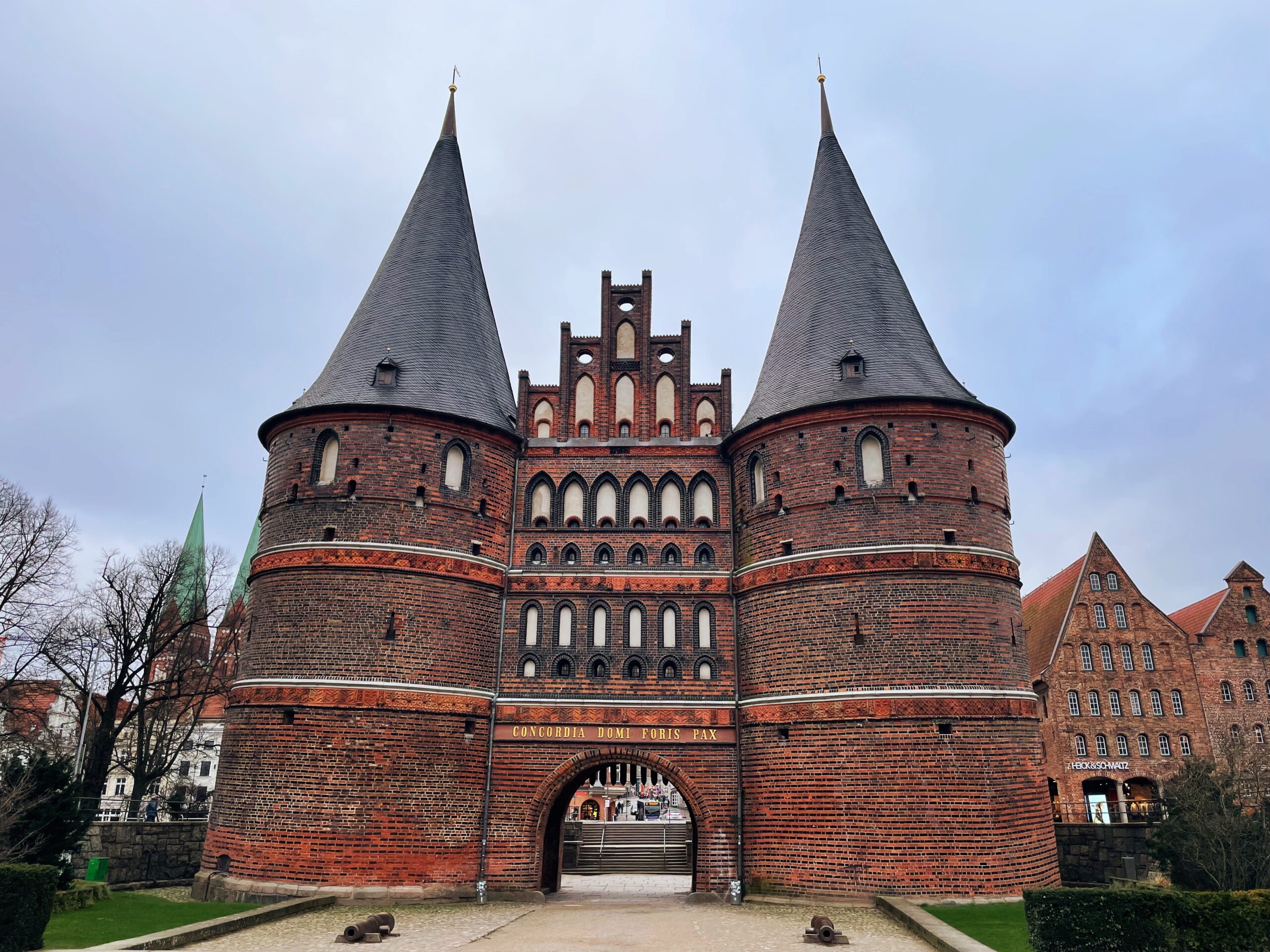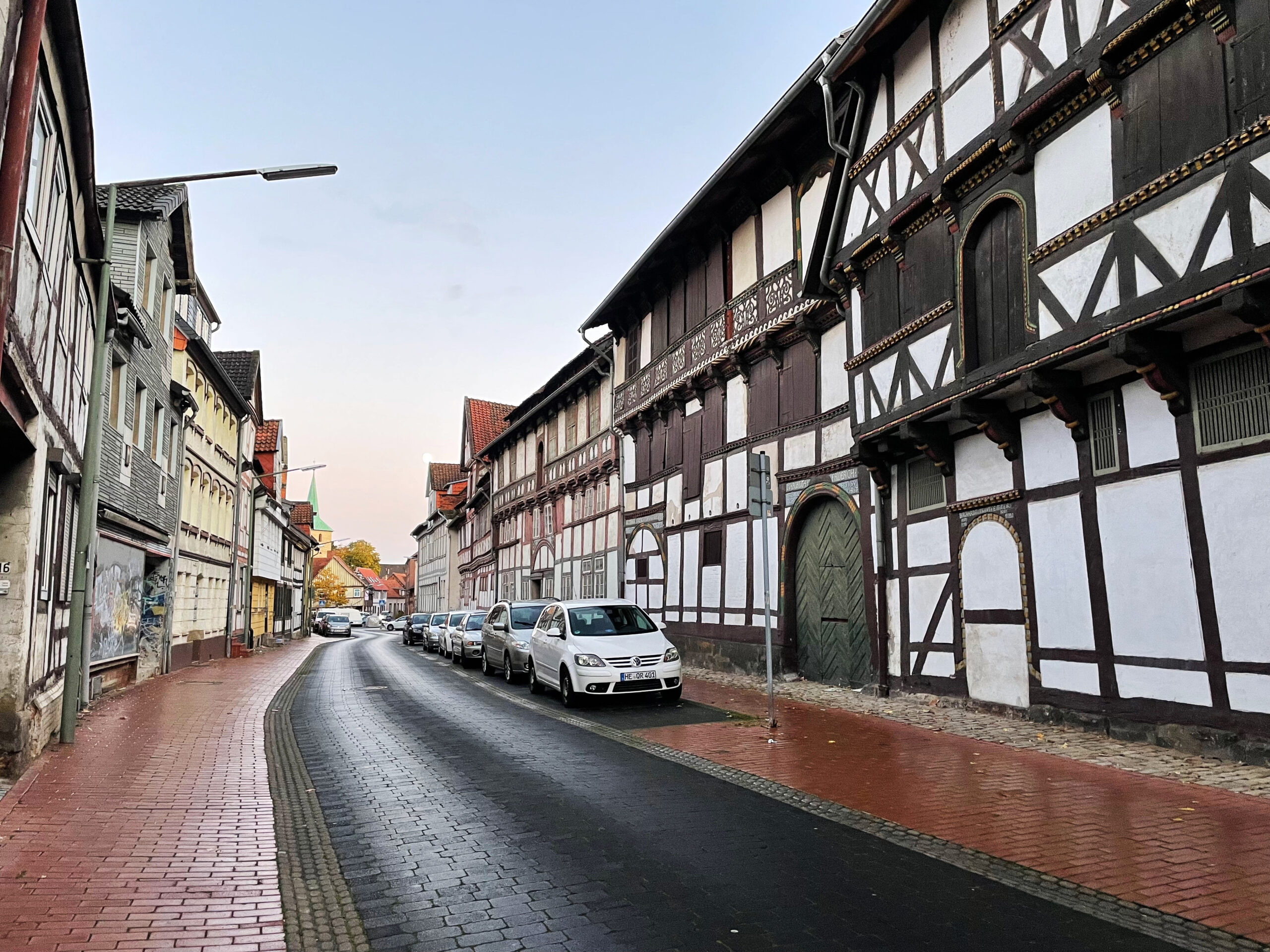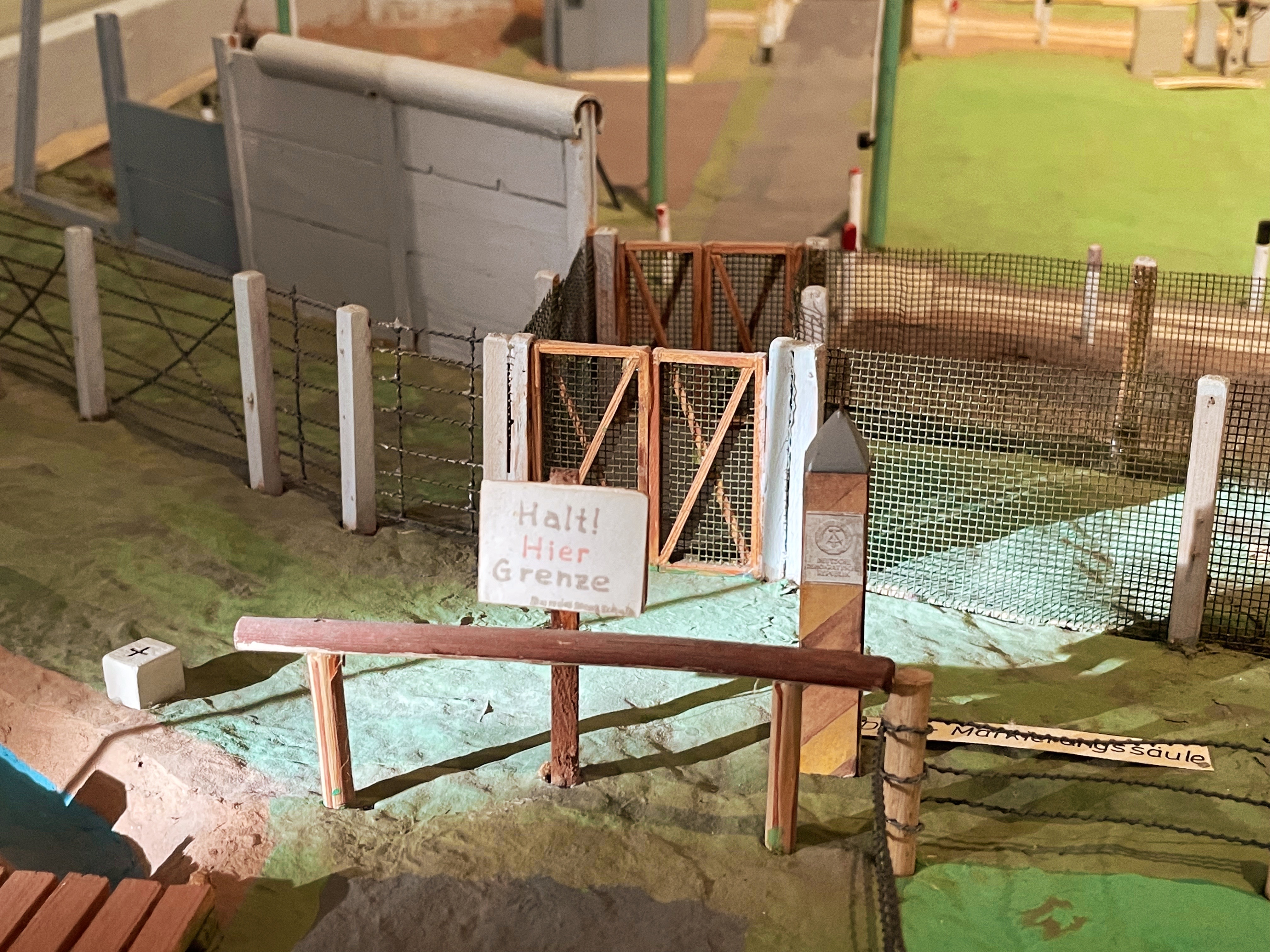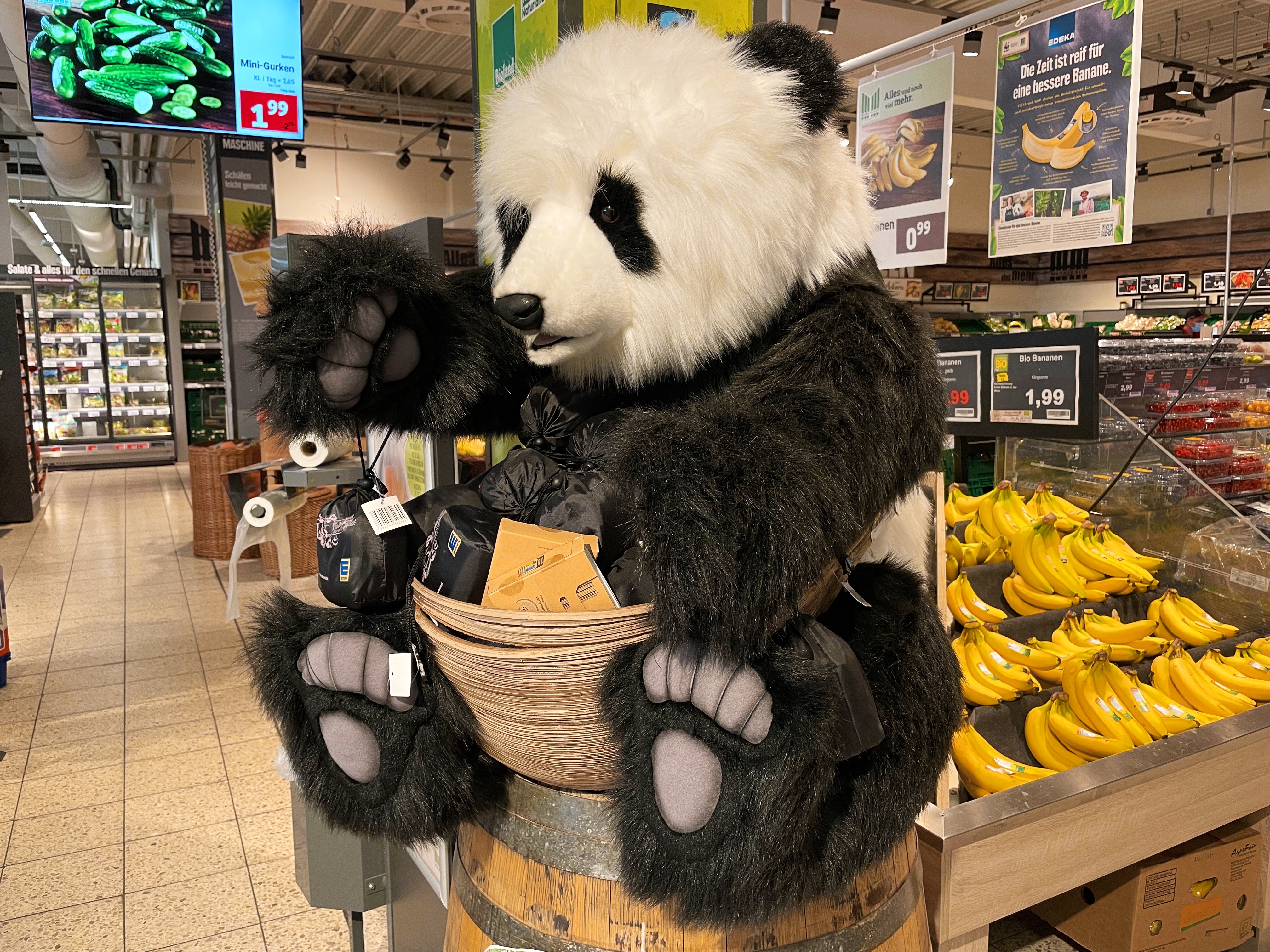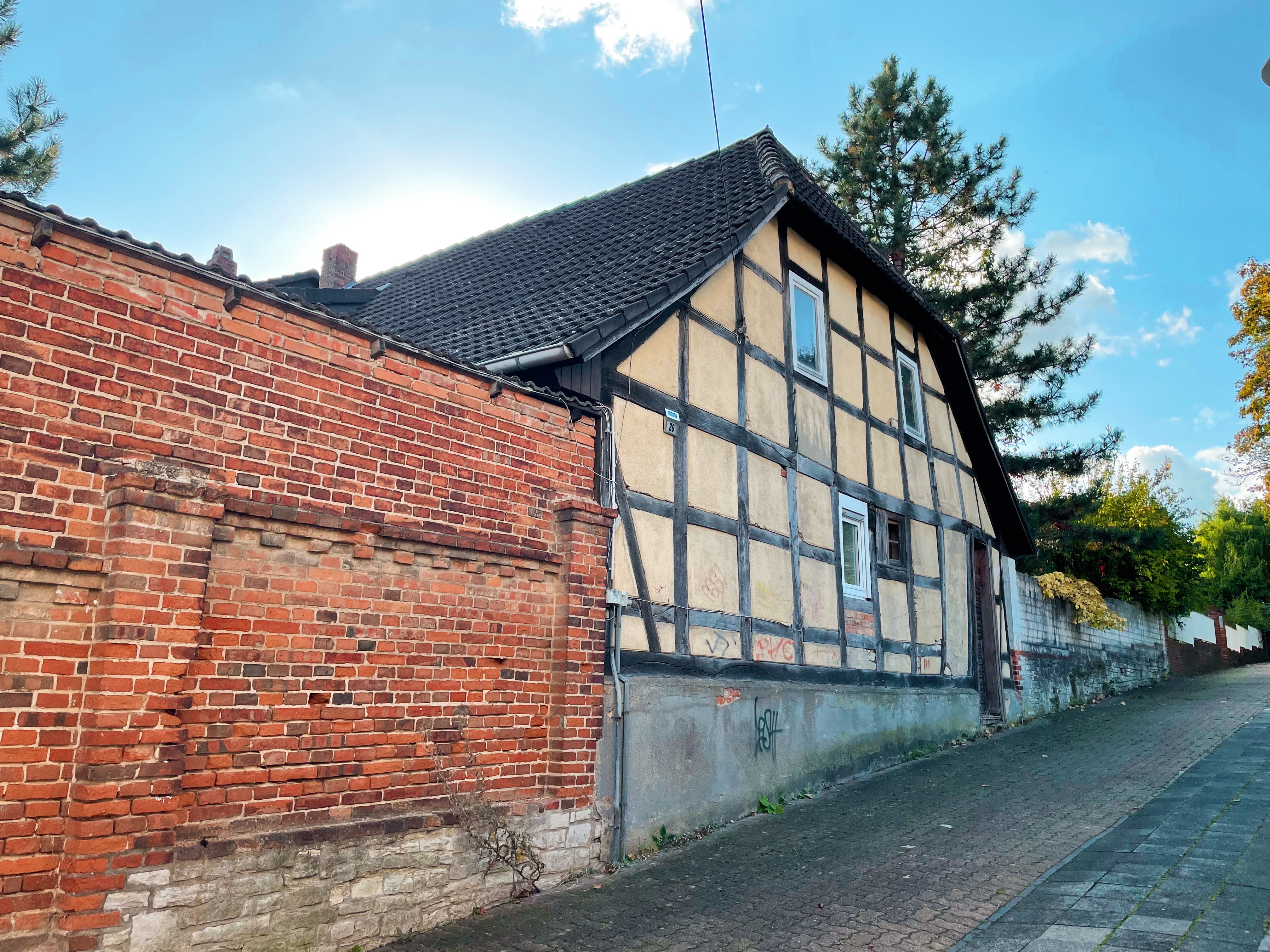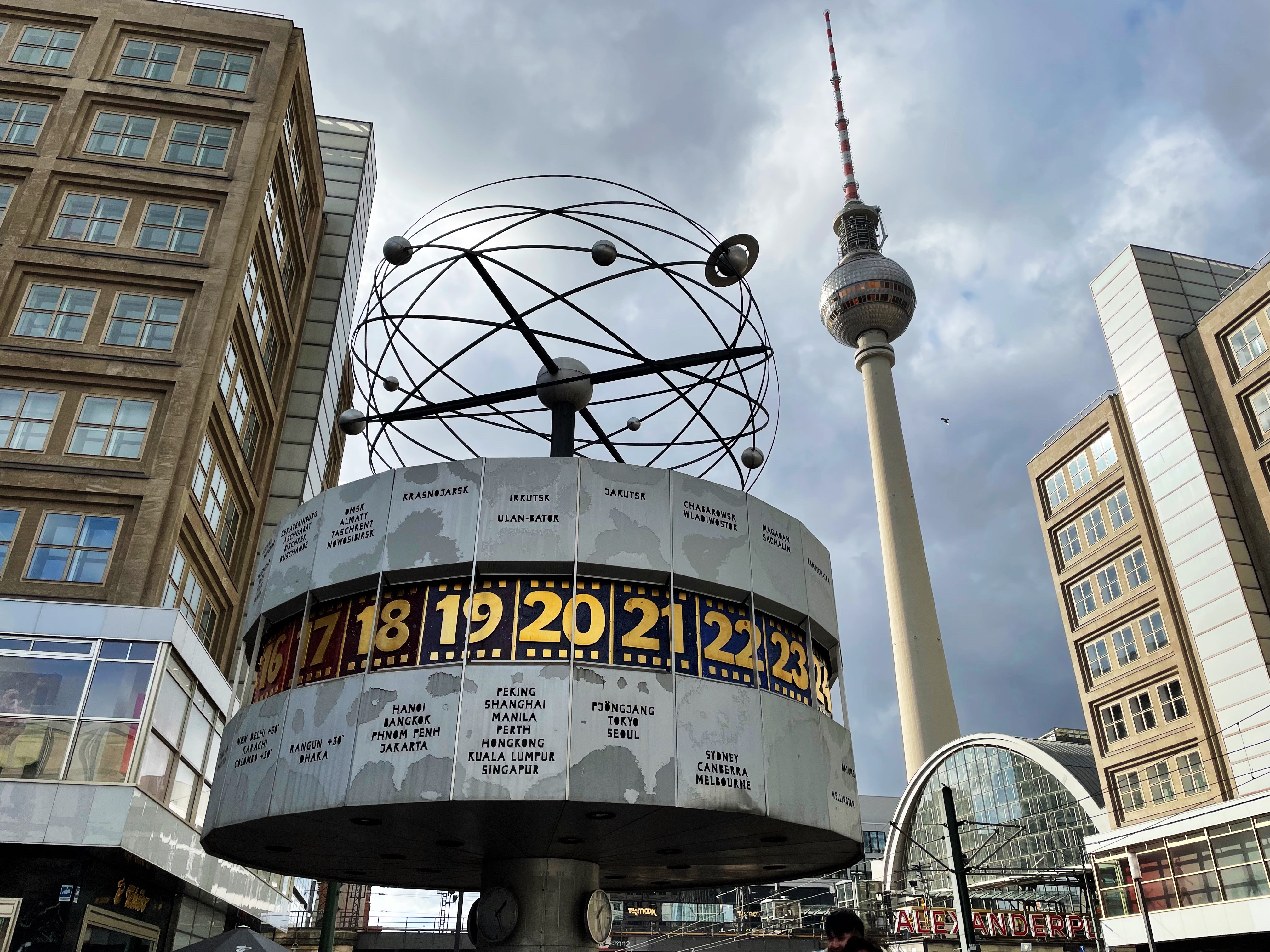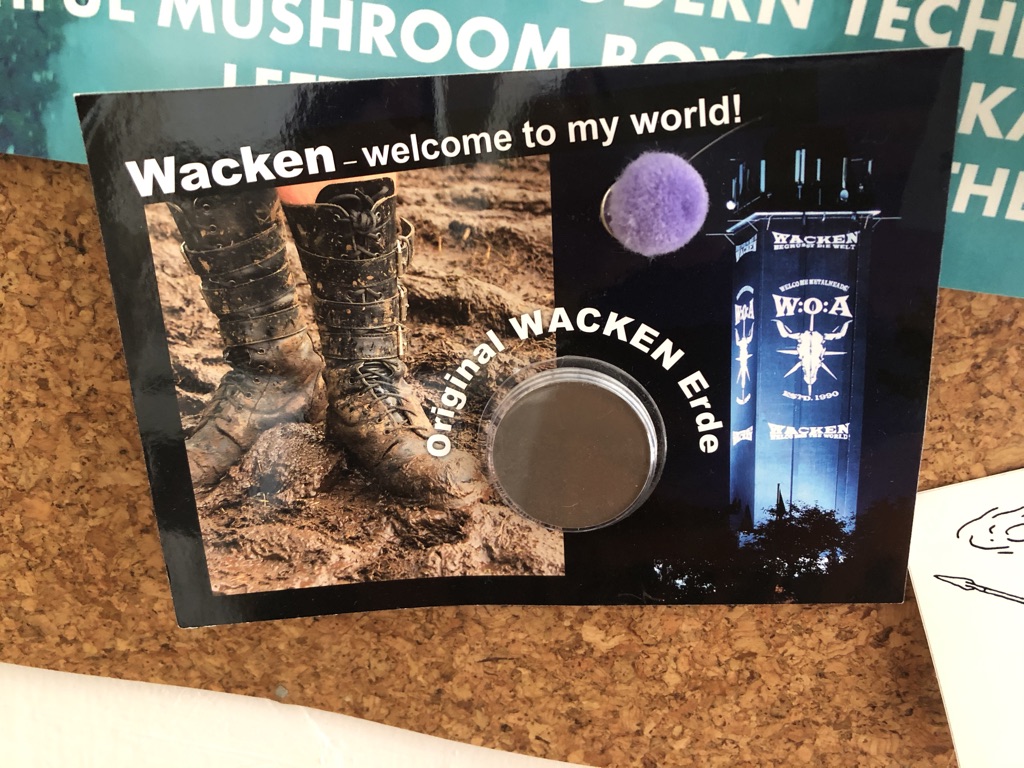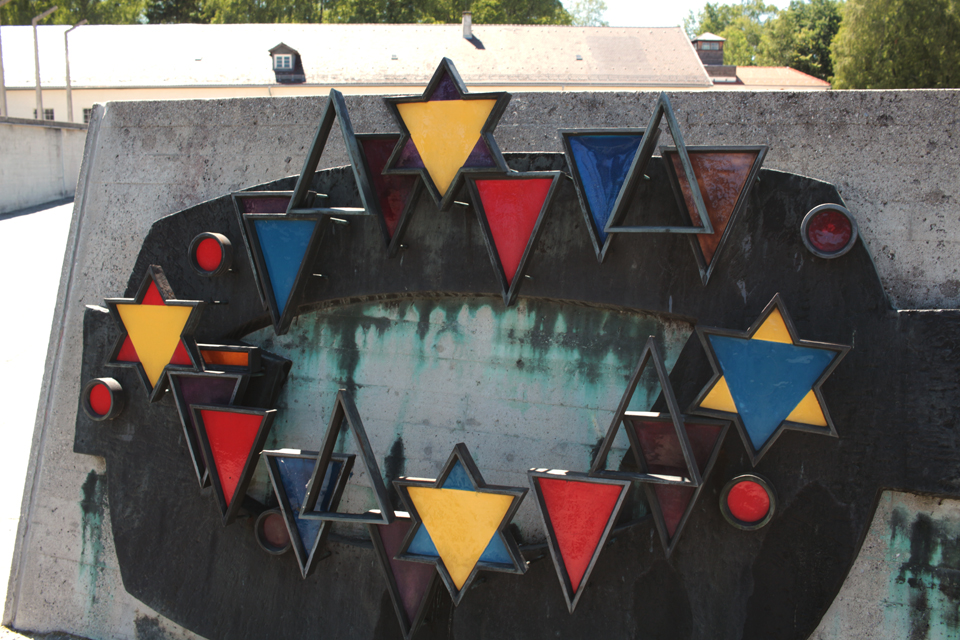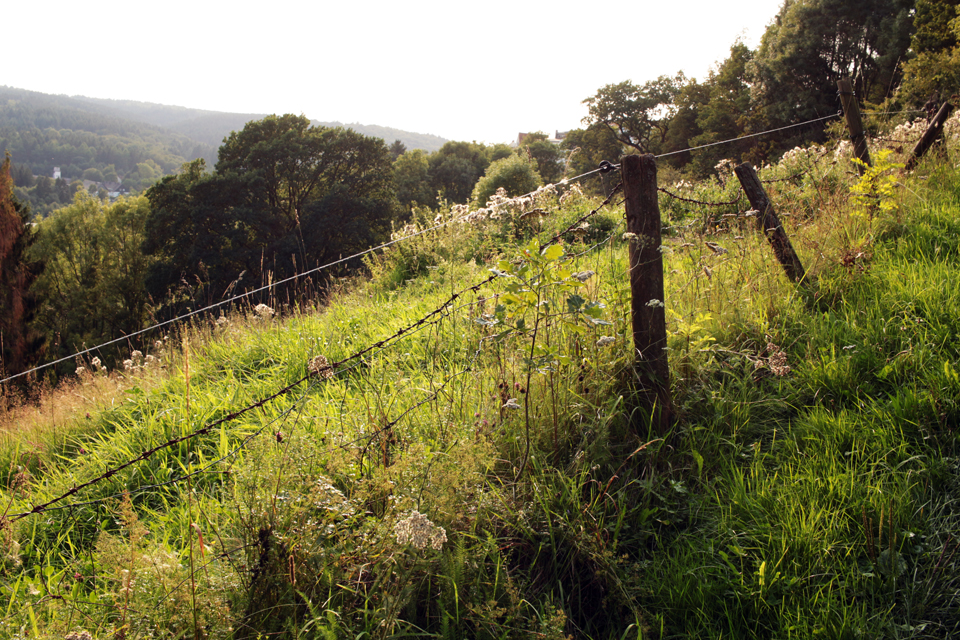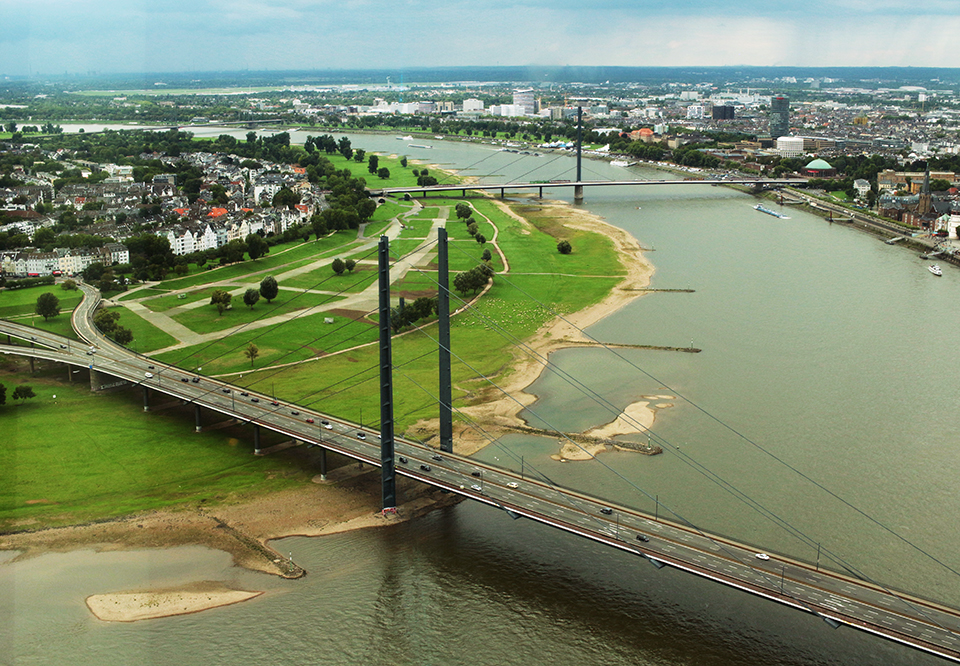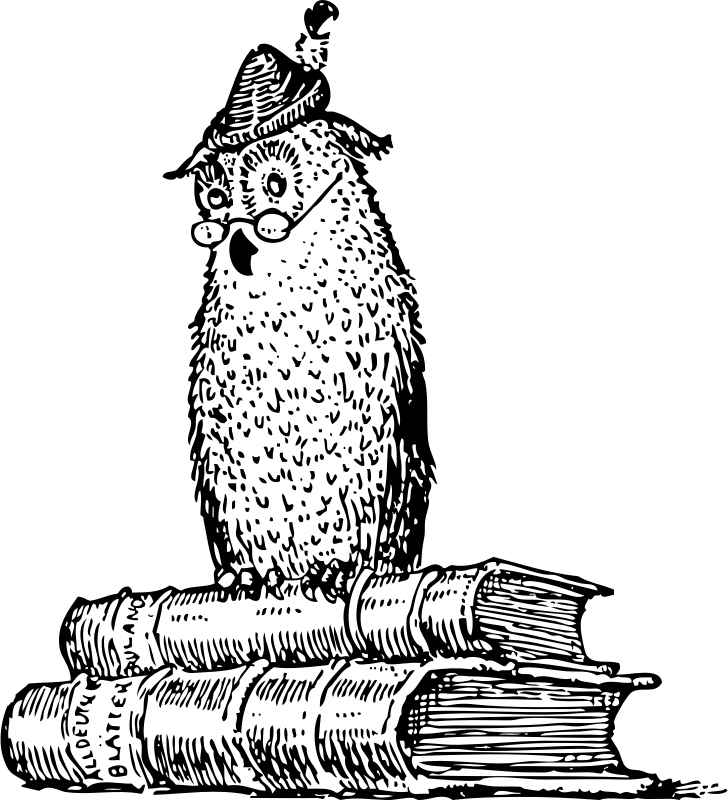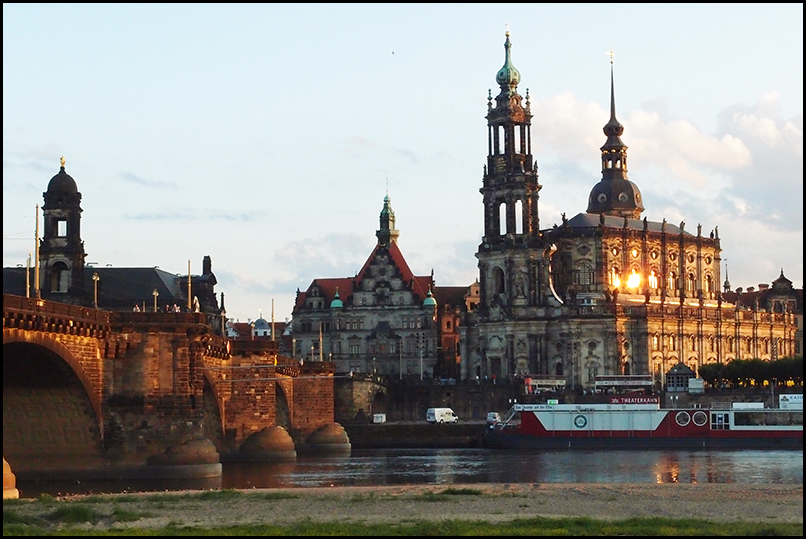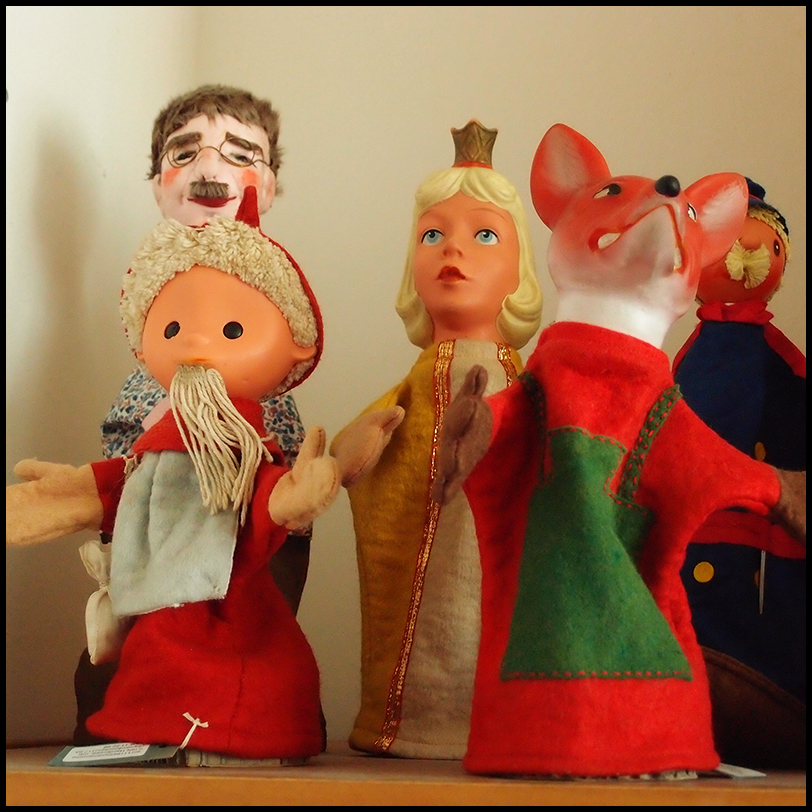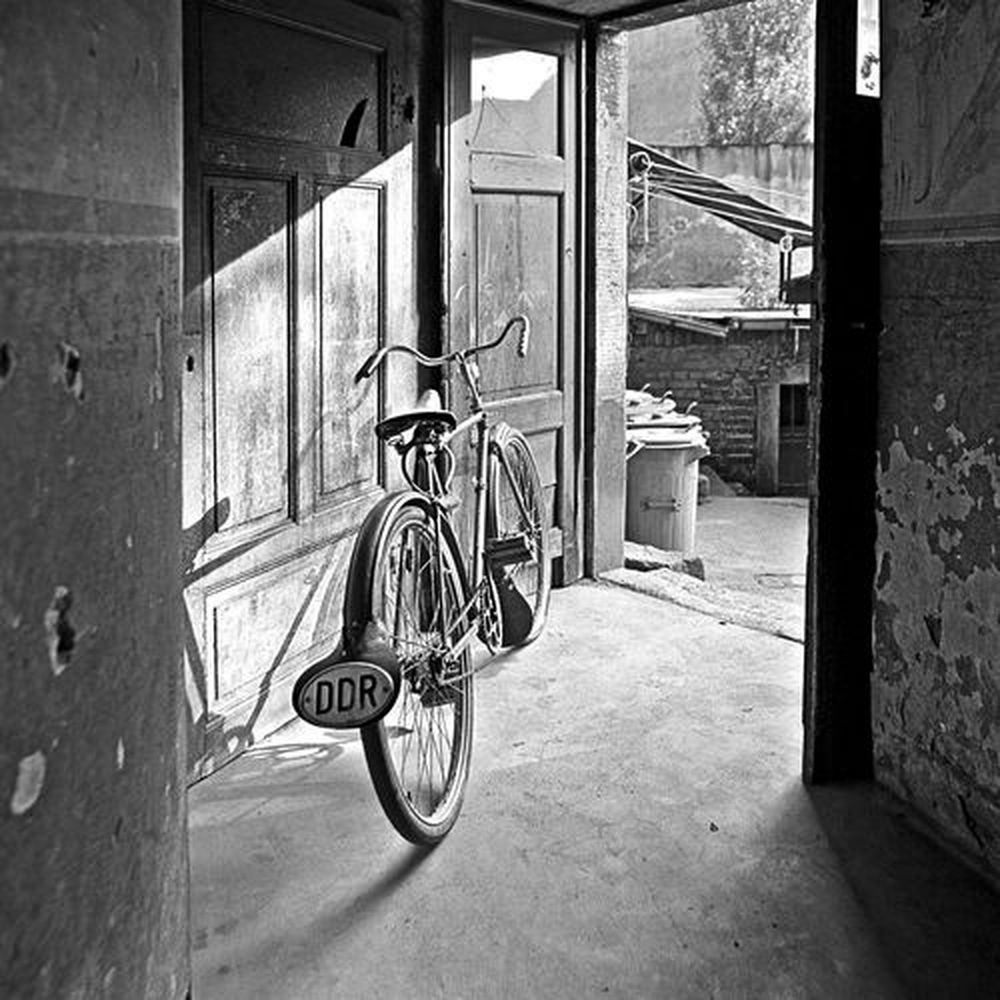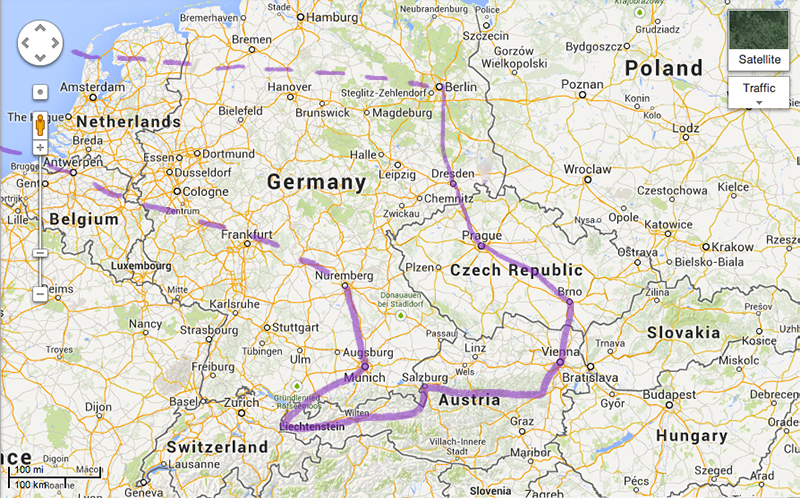-
Expired Ilford HP5 around Europe and the UK
-
Kraftwerk’s studio and the Rhine
-
Alexanderplatz was the old centre of East Berlin, known for its World Clock, and home of the Centrum department store…
-
Another nice town in Bavaria. Passau is situated on the border between Germany and Austria, at the point where three…
-
Lindau is a beautiful lake town on the Bodensee aka Lake Constance that forms the border between Austria, Switzerland and…
-
The Documenta art festival was started in 1955 by local artist Arnold Bode as a way to shake off the…
-
The Cap San Diego is a cargo ship from the 60s that used to sail between Hamburg and South America.…
-
Here’s an assortment of bits from St Pauli in Hamburg. You might be wondering why there’s no Reeperbahn or Beatles…
-
Of the major train interchanges in Germany, Hamburg Hauptbahnhof is one of the most pleasant. Hannover is always really stressful,…
-
Gommern is a small town in the former East Germany. Not much happens there, even the German Wikipedia doesn’t have…
-
Being sent to visit schools means you often go to places you would never have had the idea to visit…
-
The Kiel Canal joins the North Sea at Brunsbüttel to the Baltic at Kiel, and is one of the major…
-
Burghausen is a scenic old town on the border between Bavaria and Austria, with Europe’s longest castle. The gradient between…
-
Heidelberg is a historic university town in Baden-Württemberg on the river Neckar in south-west Germany, an upstream tributary of the…
-
Where is Bruchsal? It’s a small town in south-west Germany near the border with France. Would you go as a…
-
For some reason I never posted these photos of the Marzipan Museum when I wrote about Lübeck. The city is…
-
A preview of my travel writing book.
-
The Hanseatic merchant hometown of marzipan (and Thomas Mann).
-
The former last town in West Germany.
-
The former Checkpoint Alpha between East and West Germany.
-
German supermarkets are wild places.
-
A small town on the old border with East Germany.
-
In and out through Alexanderplatz.
-
On my way back from the Tyrol, I stayed in Munich en route to the airport, and visited the Dachau…
-
Here’s some more photos from Germany. From Harth in Nordrhein-Westfalen to be more precise. It’s a small village in the…
-
I spent most of August in Germany, teaching some school workshops and going to Documenta art fair along the way.…
-
My university library had a massive stack of printing industry annuals from the 1890s through to the 20s. I always…
-
I spent a week in Dresden. When I wasn’t working, I was exploring, either alone, or with my co-worker Hazel.…
-
I’ve spent most of the past month travelling around Germany and Austria teaching. It’s for an extra-curricular school programme. You…

















